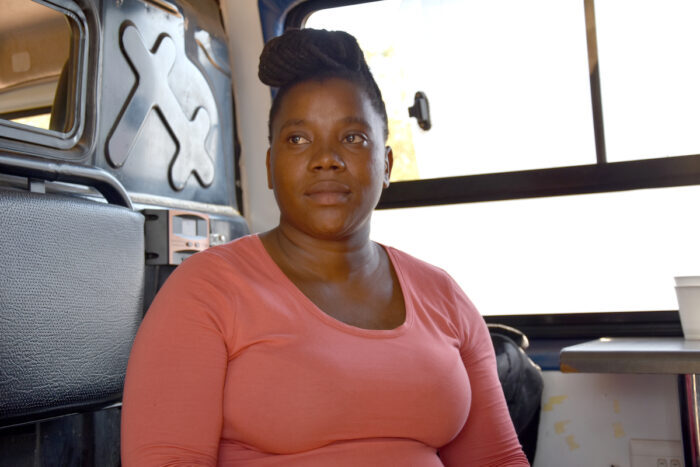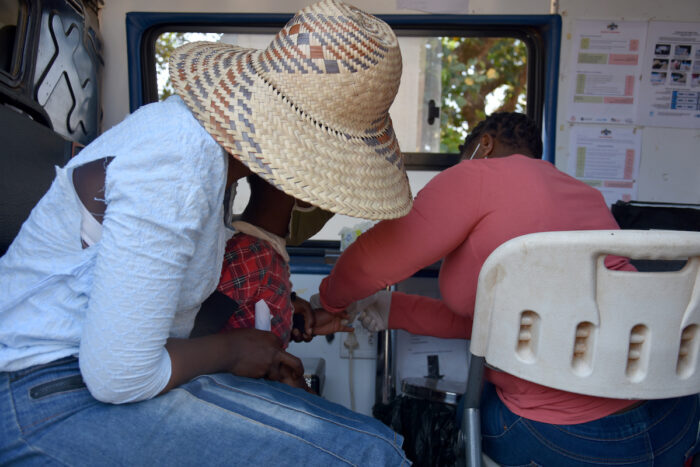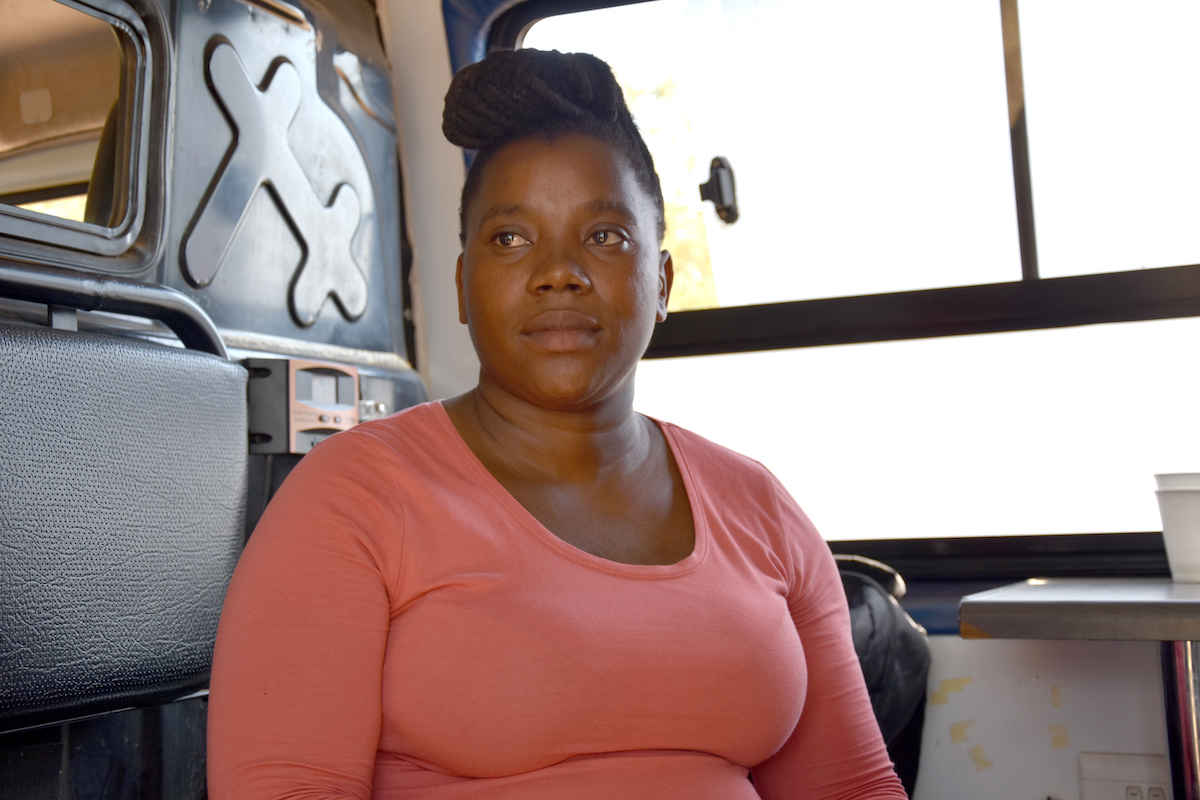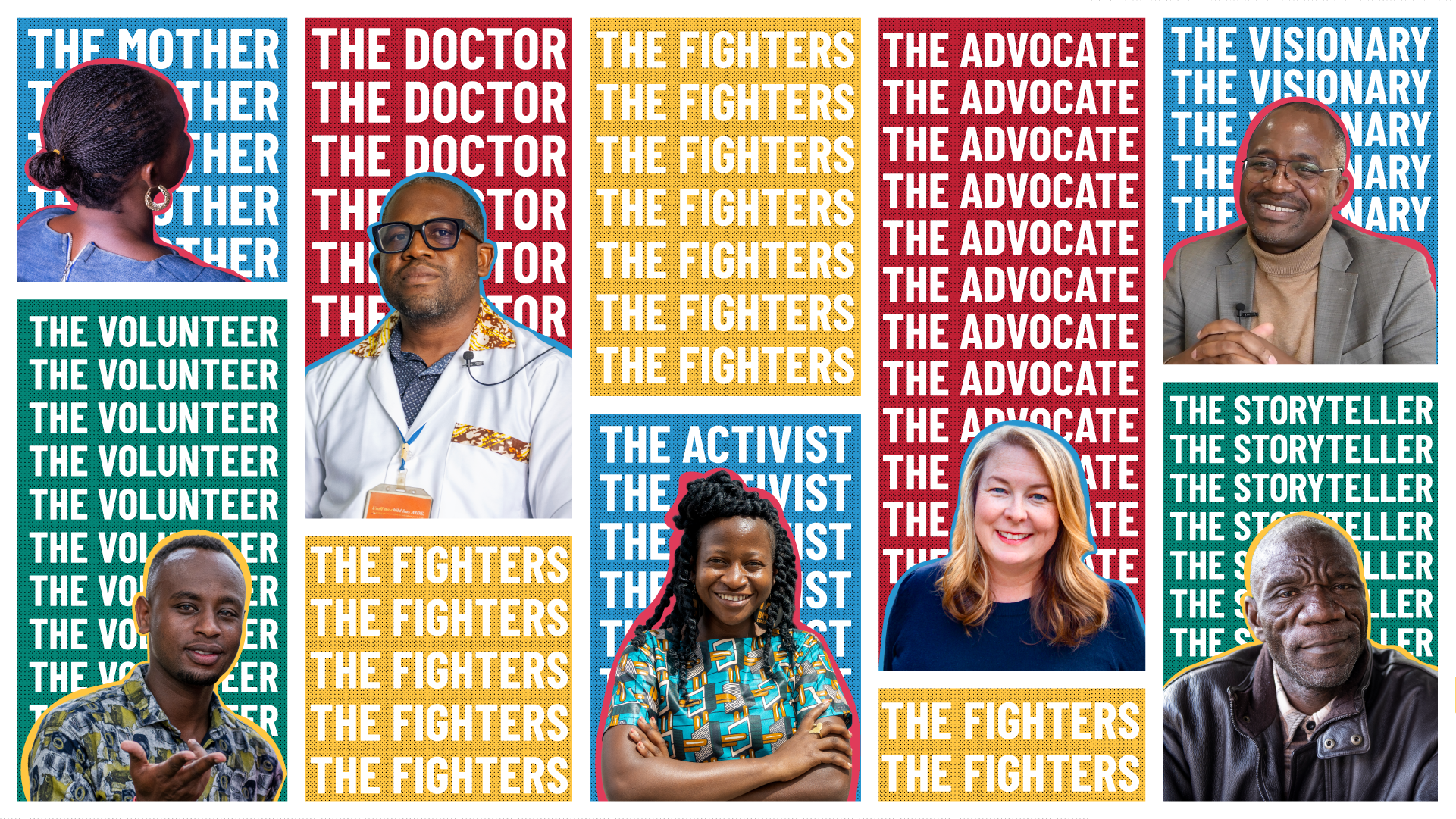Despite combined efforts to effectively prevent mother-to-child HIV transmission in Eswatini, more than 2% of pregnant women living with HIV continue to transmit the virus to their infants.
To make matters worse, some at-risk children are missed by the health system because mothers do not know their own HIV status at the time that they give birth. Rather than having her child tested, a woman living with HIV may hope that she was infected after her child was born. In addition, some caregivers may not bring their children to health facilities for HIV testing for fear of being blamed for their child’s infection or out of worry about taking on an added care burden.
This results in the HIV diagnosis for some children being discovered very late, risking their health and even their lives. While about half of children infected in infancy rapidly develop HIV-related symptoms, the other half may not show symptoms until they are adolescents.
To address this challenge, the Elizabeth Glaser Pediatric AIDS Foundation (EGPAF)—with funding from PEPFAR through USAID—is supporting facilities in the Hhohho and Shiselweni regions to index all children born to women living with HIV to make sure that the children are tested. These tests are being carried out discreetly within homes rather than at health facilities.

Nomcebo Magongo, an HIV testing services (HTS) counsellor at Ntfonjeni Clinic, says that indexing children has already helped her to identify several children living with HIV.
This intervention has received much support from caregivers, many of whom feel that it has addressed challenges of going to the health care facilities for testing. It alleviates worries about their children being stigmatized and eliminates the financial burden of traveling.
“We are happy about this initiative, as it gives us an opportunity to test all our children even those that we gave birth to before we were diagnosed with HIV,” says Cebsile Dlamini, a mother of two.
“This gives me a peace of mind,” says Thuli Mhlabane, another caregiver. “Before the children were tested, I would not even know whether they were HIV negative or positive, especially those whom I delivered before I tested positive in 2014.” Thuli says that this index testing program demonstrates the commitment of the Eswatini Ministry of Health and PEPFAR to ensure that people in all communities are AIDS-free.

“Through this intervention, we are sure that all children born of HIV-positive mothers are tested regularly to ensure that they are HIV-free,” says Senzo Shongwe, a senior nurse at Ntfonjeni Clinic. “This enables us to initiate those children who test positive onto treatment earlier, avoiding unnecessary deaths.”
EGPAF began supporting projects in Eswatini in 2003 with an aim of preventing mother-to-child HIV transmission. USAID, through PEPFAR, remains EGPAF’s main donor and has helped it to provide access to treatment and PMTCT services to more than 2 000 women and HIV testing services to over 87 000 individuals in Eswatini.




